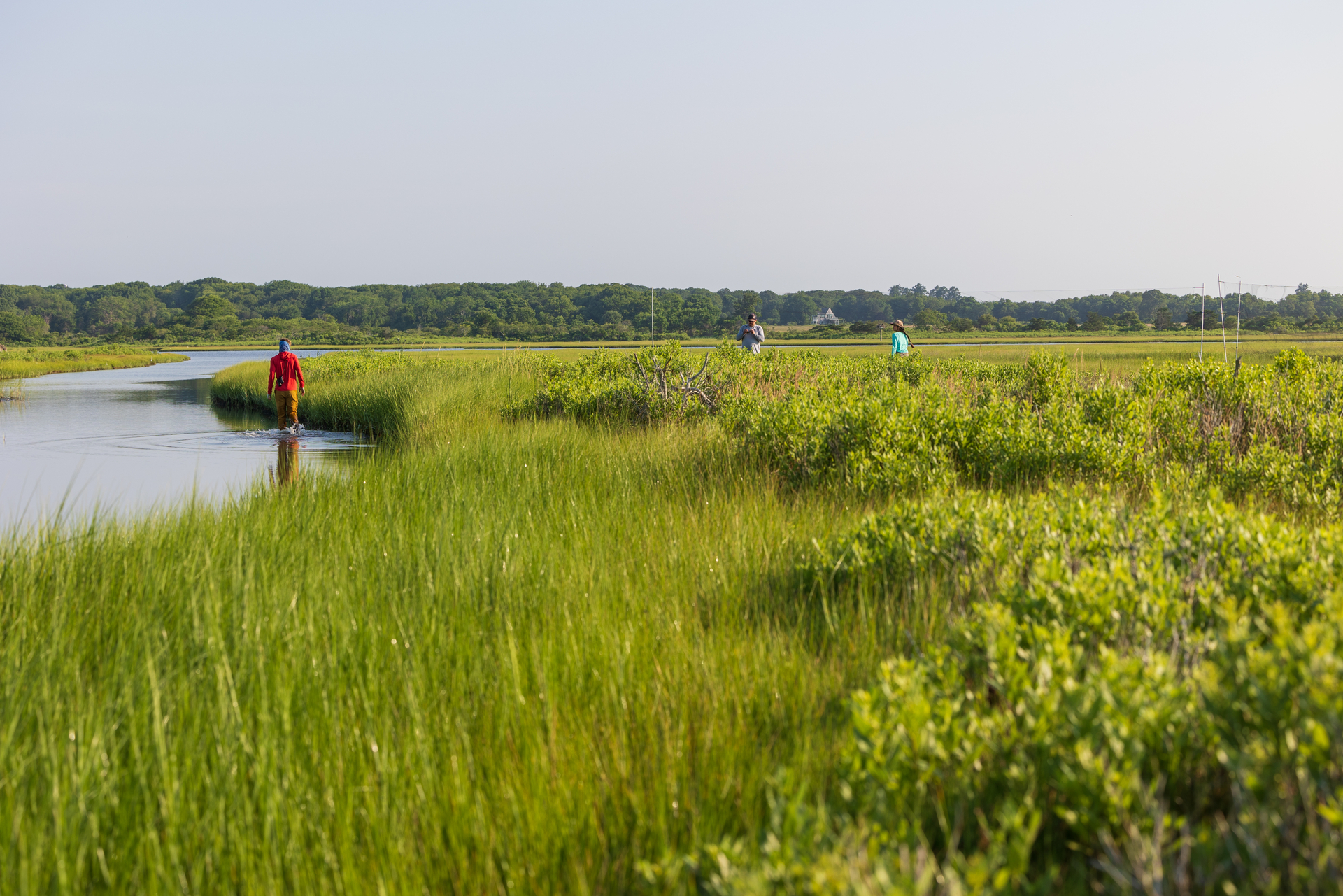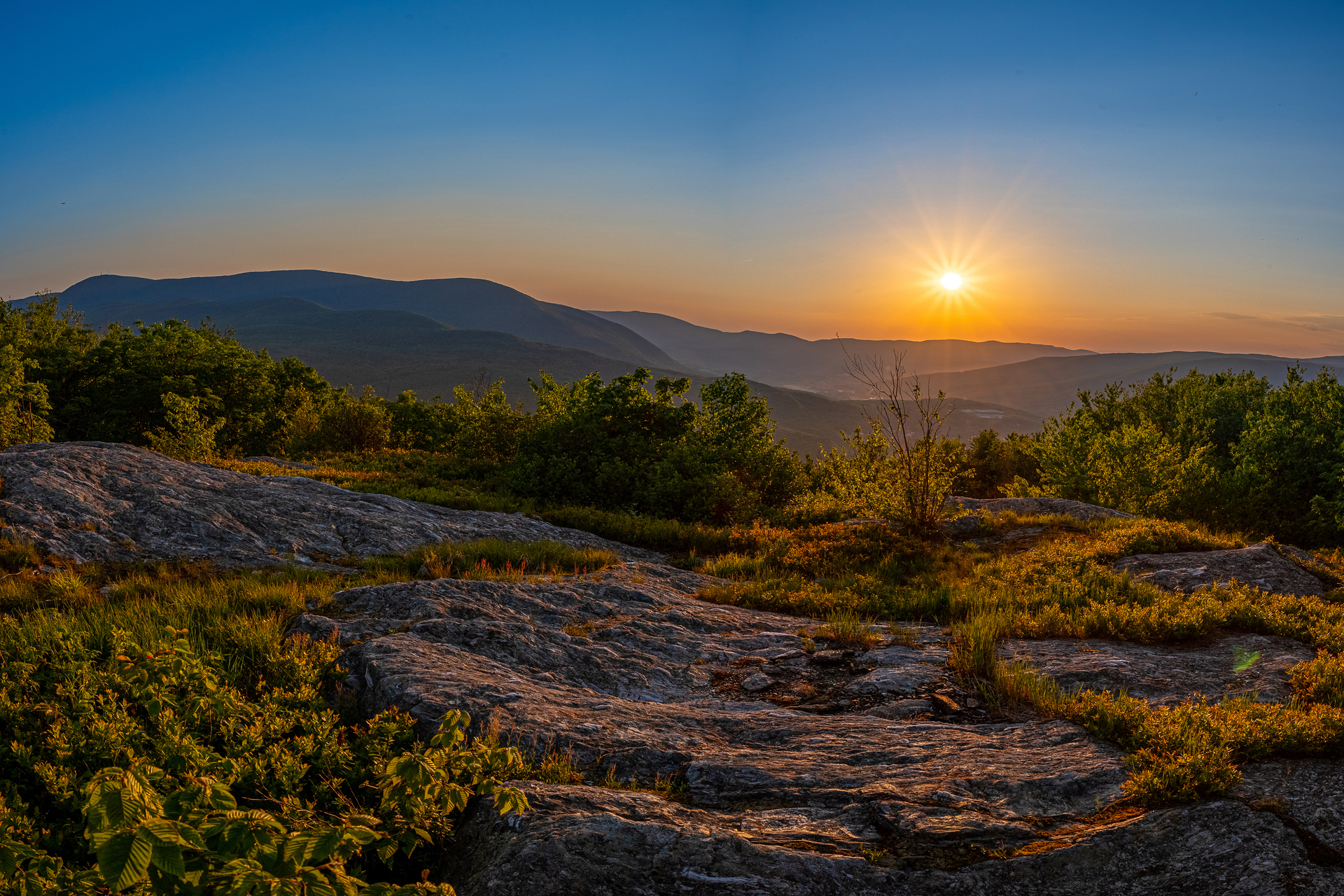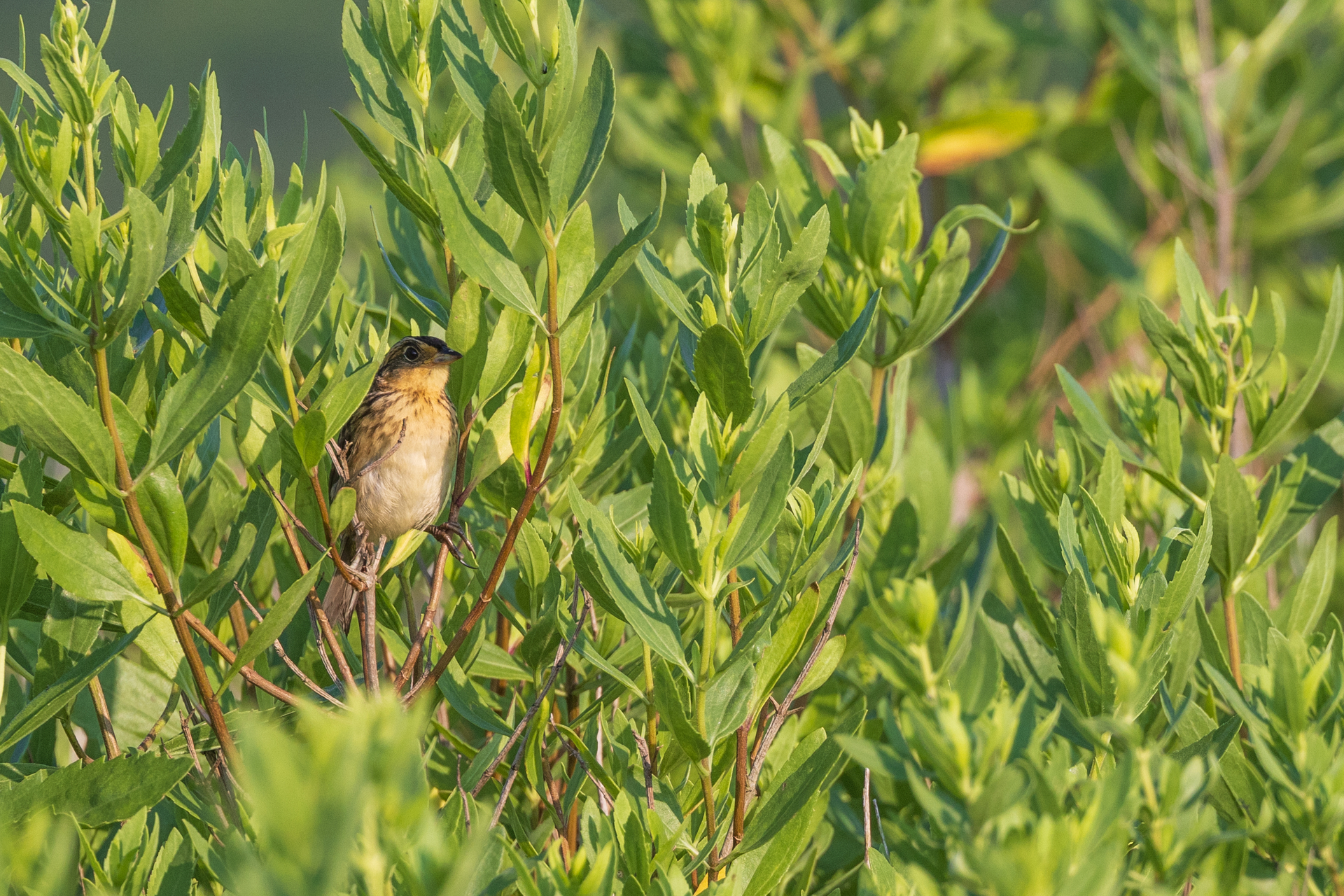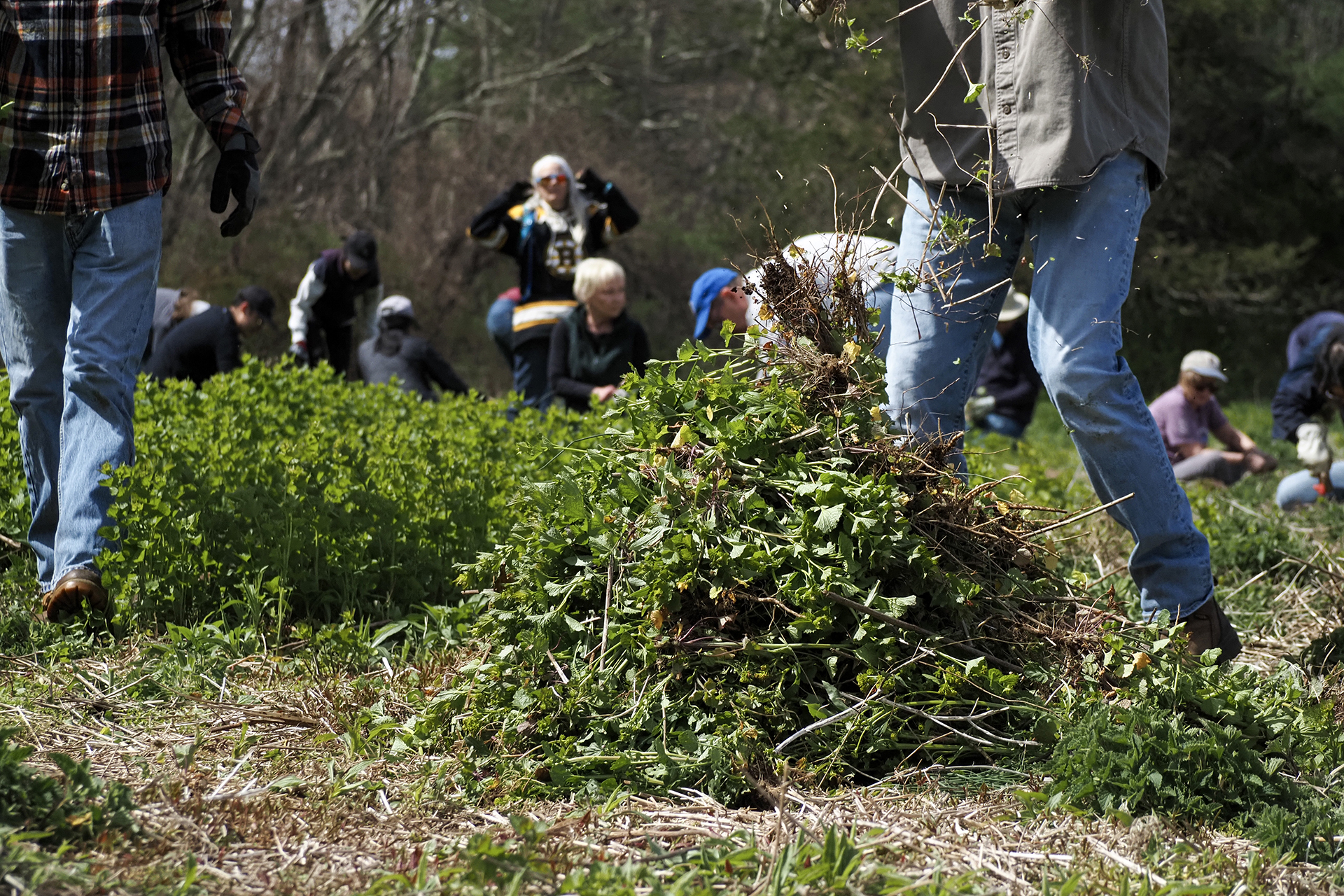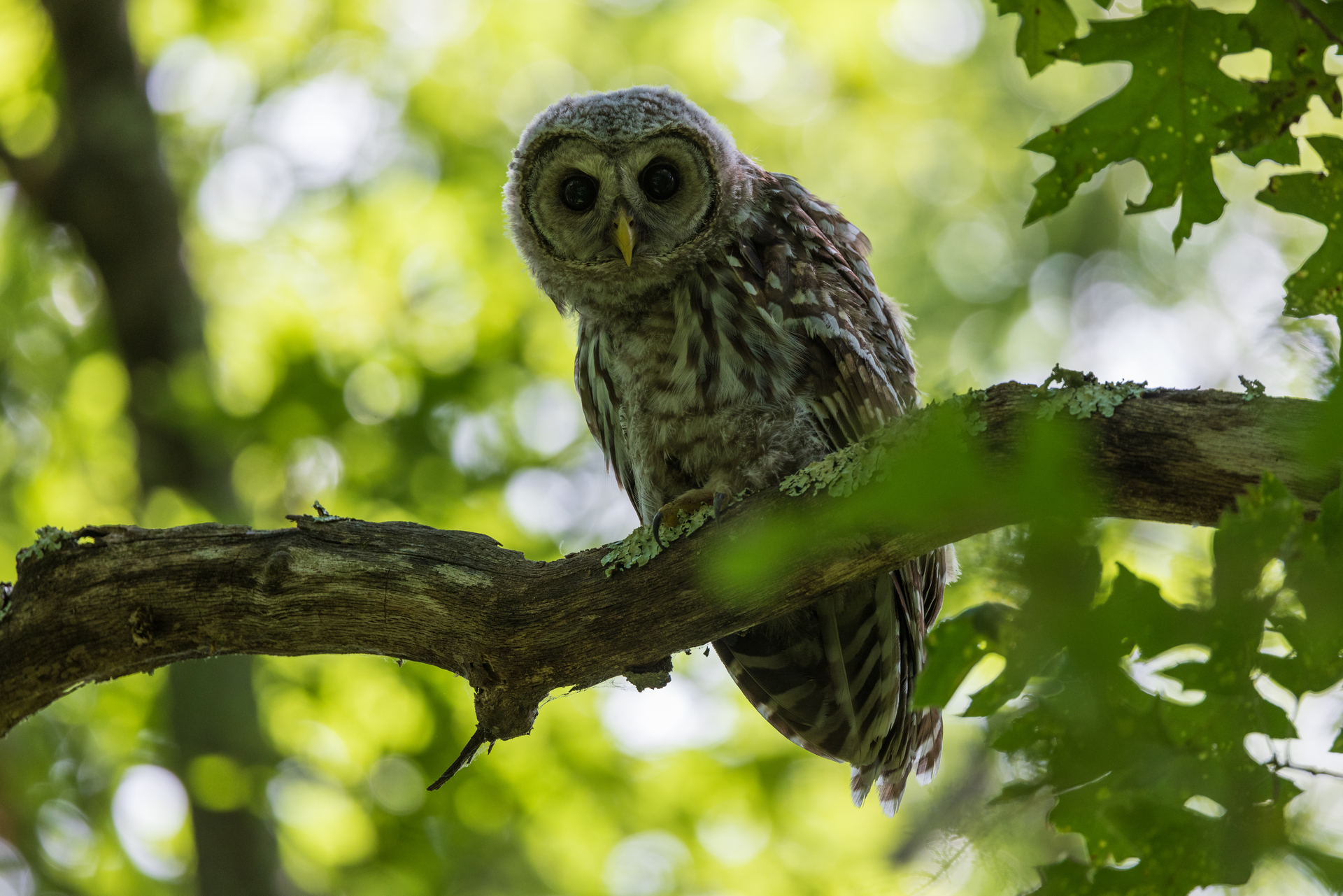2024: A Year of Impact
December 16, 2024
This past year was one for the record books.
Take a look at all that our members and supporters helped accomplish.
107
Total number of Mass Audubon wildlife sanctuaries across the state. More than half are open to the public, with new trails built every year to welcome visitors to more of these places.
2,600
People who submitted written public comments via Mass Audubon's Campaign to Protect Horseshoe Crabs supporting protection for horseshoe crabs. Thanks to this advocacy, the Massachusetts Marine Fisheries Advisory Commission (MFAC) voted to ban the harvest of horseshoe crabs during their crucial spring spawning season, when horseshoe crabs come to shore to breed and lay eggs.
42,700
Acres held in protection by Mass Audubon including 1,000 additional acres protected this year. The survival of native wildlife and plants and the health and well-being of those who live, work, and play in Massachusetts depend on protected natural land. Protecting land is also one of the most effective and proven ways to fight climate change and the loss of biodiversity. And with the 30x30 Catalyst Fund, we plan to protect even more in the coming year.
2,000
Kids that received discounted, sliding-scale tuition to attend camp this summer, as part of our work to increase access to nature.
250
Number of Saltmarsh Sparrows safely captured and banded at Allens Pond Wildlife Sanctuary in Dartmouth—a high number to find at a single site. These birds are extraordinarily vulnerable to wetland degradation but have returned to this marsh after it was restored. In fact, scientists have also observed many newly hatched Saltmarsh Sparrows and more than 150 nests, proving that these birds are successfully reproducing.
13
Months from the time our Growing Solar, Protecting Nature report was published to the passage of a climate law with new siting provisions for solar and other clean energy projects, which reflect our findings and recommendations.
18
All Persons Trails are now open at our wildlife sanctuaries. This year we opened three new trails at Brewster’s Woods (Concord), Cedar Pond (Wenham), and Long Pasture (Barnstable). They feature flat surfaces, benches, and often post-and-rope guidance, making it possible for people of all abilities to enjoy nature.
4
Urban wildlife sanctuaries across the state including our newest one, Pawtucket Farm in Lowell, which opened on December 7.
6,400
Volunteers who gave their skills and time to our mission. From clearing trails on Statewide Volunteer Day in April to welcoming visitors at a sanctuary every week, our volunteers provide essential help. We couldn’t do our work without them.
176
Trees planted in Boston this year through the Boston Tree Alliance. The City of Boston chose Mass Audubon to manage this new coalition program aimed at planting trees on private land to expand the shade canopy, improve air quality, and reduce the urban heat-island effect in Boston.
18
Towns and cities so far that have reduced the use of second-generation anticoagulant rodenticides (SGARs), which also kill hawks, eagles, mammals, and more, on public property. Via our Campaign to Rescue Raptors, we are working with communities to launch their own local campaigns to encourage more towns and cities to ban these poisons.
150,000
Youth and adults that took part in Mass Audubon environmental and nature-based education programs. This includes everything from a 2-hour nature walk to an 11-month certificate program.
There Still So Much Work To Do
We're gearing up for 2025 to face the biggest challenges facing the environment today: inequitable access to nature, the loss of biodiversity, and climate change. Can we count on you to help make next year even more impactful than this year? Your donation today can power us tomorrow.
Stay Connected
Don't miss a beat on all the ways you can get outdoors, celebrate nature, and get involved.



